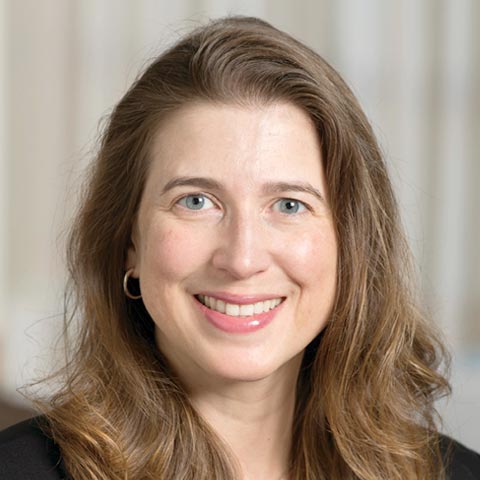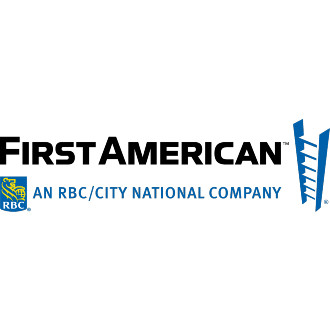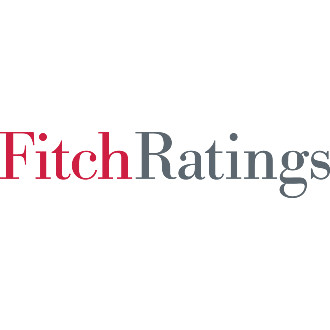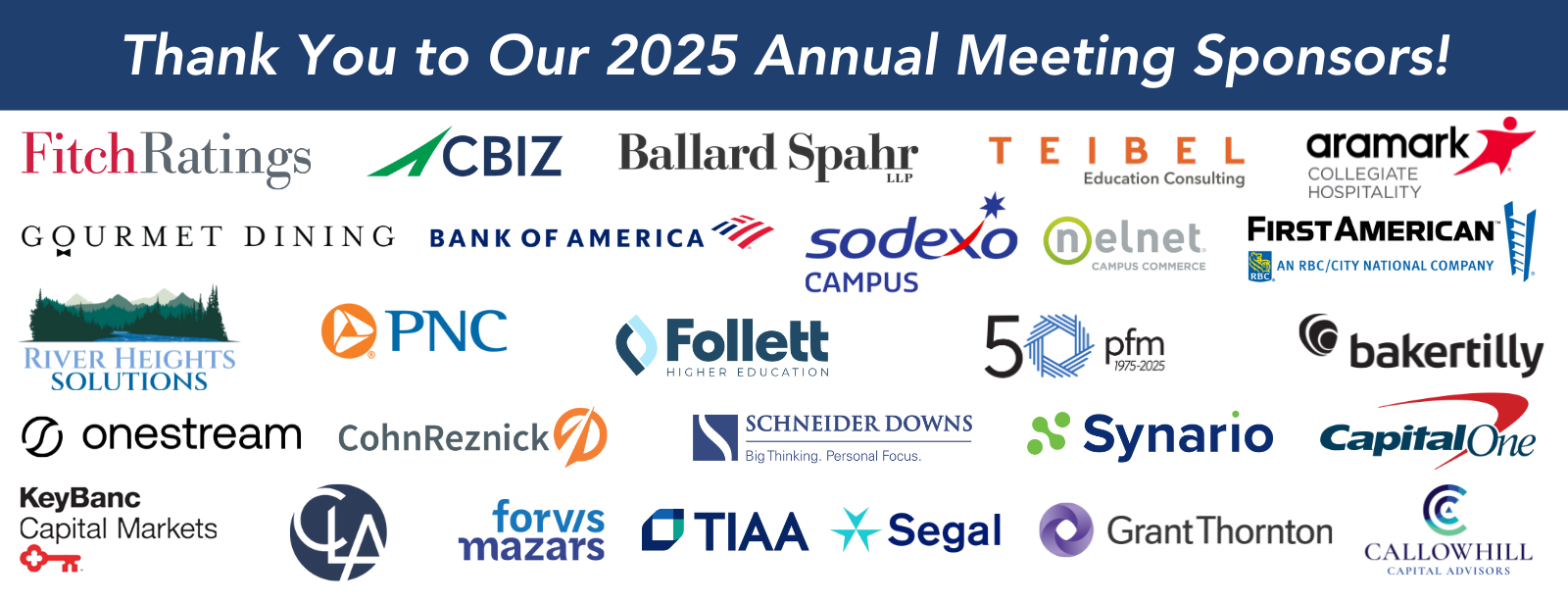EACUBO Chair's Message
EACUBO’s four Strategic Goals are to:
On behalf of the EACUBO board, I hope that you will find the new website a place that helps to serve those important goals and that reflects EACUBO’s core values. On the new website you will find important new features:
Whether you are coming here to learn more about EACUBO; to find information on professional development events and opportunities; to learn about being a mentor or finding a mentor; to find out how to be an EACUBO volunteer; or to discover how to better connect with your higher education colleagues, we hope you find this to be a valuable resource. The Benefits of MembershipEACUBO membership includes nearly 1,000 colleges and universities, large and small, public and private, business partners, and affiliate members that include other educational organizations. The EACUBO region includes Maine to Virginia, and west to Ohio, along with eastern Canada and Puerto Rico. Membership in EACUBO is an investment that provides access to high-quality and reasonably-priced professional development opportunities for you and your staff. Learn MoreArticles from Inside Higher Ed |


 Welcome to the new EACUBO website! Our website is one of the tools vital to connecting with and serving our members, and as with all tools we seek to continuously make enhancements and improvements.
Welcome to the new EACUBO website! Our website is one of the tools vital to connecting with and serving our members, and as with all tools we seek to continuously make enhancements and improvements.

